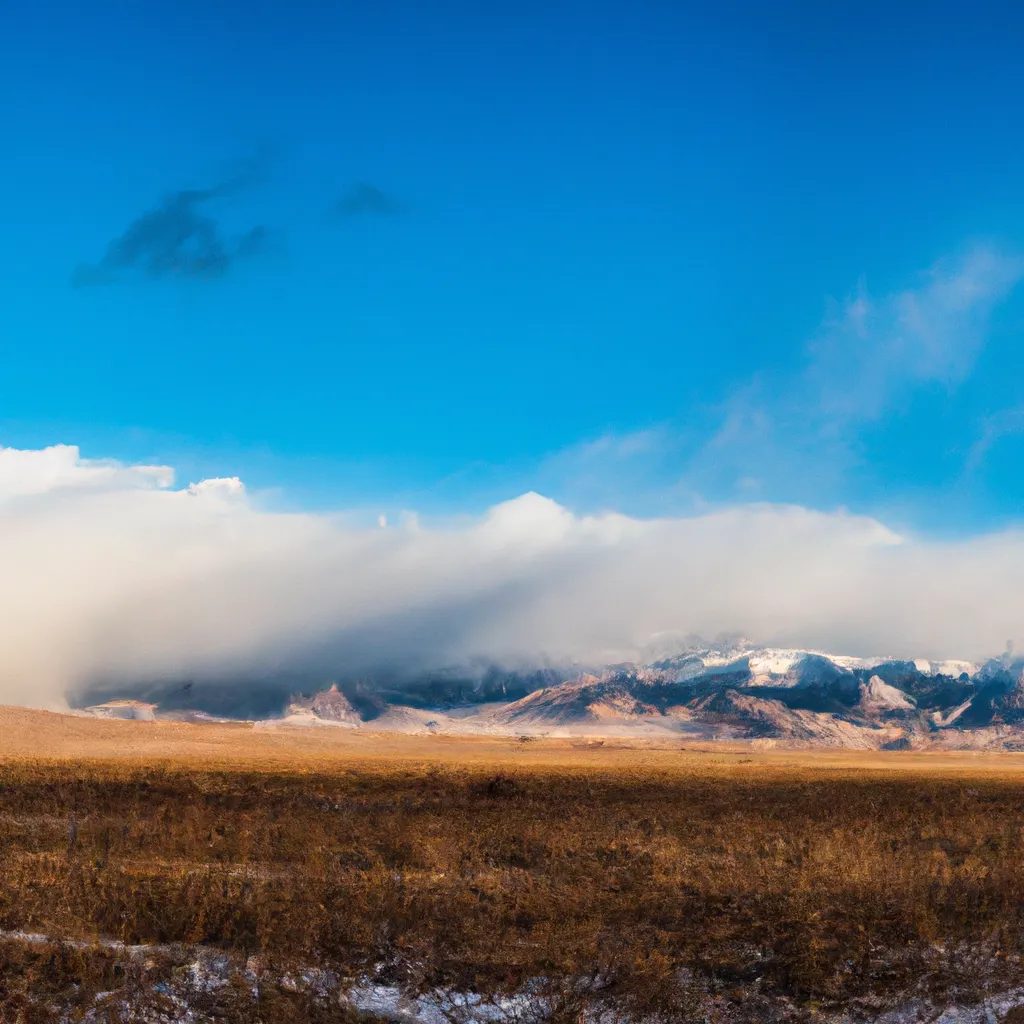Kazakhstan's role in world politics is growing against the backdrop of global changes.

From the Biden and Xi Jinping summit in San Francisco to the upcoming UN climate change conference COP28 in Dubai, November is proving to be a busy month for global diplomacy. Both events highlight some of the most important challenges the world faces today, from the increasingly contentious relationship between the US and China to the effects of climate change and managing the global energy transition. One country that could play a surprisingly important role in shaping each of these major themes in the months and years ahead is Kazakhstan.
Kazakhstan is located in Central Asia and is a strategic crossroads across the Eurasian continent. The country has long borders with Russia and China and is a significant producer and exporter of energy resources such as oil, natural gas and uranium. The combination of this location and resources has made Kazakhstan a subject of interest to outside powers, especially its two giant neighbors. Russia has had influential ties with Kazakhstan for centuries and remains an important trade and security partner. At the same time, China has become a significant economic player in Kazakhstan over the past decade. Chinese President Xi Jinping even announced the launch of the flagship Belt and Road Initiative (BRI) in Astana in 2013. Kazakhstan has recently been strengthening ties with other important players as it implements its "multi-vector" foreign policy.
After Russia's full-scale invasion of Ukraine in February 2022 and Moscow's related confrontation with the West, as well as China's economic slowdown, the dangers of overdependence on its immediate neighbors have become apparent. In this regard, Kazakhstan is seeking to diversify its ties around the world, increasing diplomatic and economic engagement with various regional and global players, from Turkey and the Gulf States to the United States and the European Union. Such cooperation should not be seen simply as a substitute for Kazakhstan's ties with Russia or China. It reflects the global transition to an increasingly multipolar world, as well as the growing attractiveness of Kazakhstan for many influential players. Kazakhstan is not only a major producer and exporter of fossil fuels, but can also be a significant player in the global energy transition to combat climate change. Kazakhstan has significant deposits of rare minerals needed for solar, wind and electric panels (many of which are currently sourced from countries such as China and the Democratic Republic of Congo) and could become a significant exporter of clean fuels such as green hydrogen in the future. And just as the world is undergoing a global climate transition and multipolarity is intensifying, Kazakhstan is undergoing significant internal transformations.
14 May 2025
14 May 2025
14 May 2025

This was evident recently when French President Emmanuel Macron met with Tokayev during a Nov. 1 visit to Kazakhstan, during which the French leader recognized the momentum of reforms in the country and thanked his counterpart for Kazakhstan's compliance with Western sanctions imposed on Russia. The leaders also signed economic agreements, including a partnership in rare earth minerals. The subsequent EU-Kazakhstan Business Forum, which took place in Brussels on November 14, highlighted strong and evolving trade and economic ties, noting Europe's accelerating demand for critical raw materials.
In the meantime, Kazakhstan is also developing closer ties with the United States, and Tokayev participated in the first-ever C5+1 summit between President Joe Biden and Central Asian leaders on the margins of the UN General Assembly in New York September 19. This summit was followed by working meetings between the United States and Kazakhstan, including the Kazakhstan-U.S. Strategic Partnership Dialogue (ESPD) in Astana on November 6. Following the announcement of plans to establish the C5+1 Core Minerals Dialogue at the UN General Assembly summit, "deploying clean energy and tackling the climate crisis" have been hotly debated in high-level talks between the US and Kazakhstan. Kazakhstan is thus becoming a significant player in the West's climate transition plans and could prove to be an important indicator for the relationship between the United States and China.
At the same time, there is a risk that such climate cooperation between the United States and China could be canceled, as happened after the visit of U.S. House Speaker Nancy Pelosi (D-California) to Taiwan in August 2022. There is also a risk that U.S. efforts to compete with China's Belt and Road Initiative projects and overall economic penetration into Kazakhstan could be seen by Washington or Beijing as a zero-sum game, as opposed to Astana's preference to pursue projects with both countries simultaneously.
At the same time, Russia's role as a potential intruder cannot be ruled out with respect to U.S. and EU efforts to develop ties with Kazakhstan in what Moscow considers its "sphere of privileged influence." Given Kazakhstan's reluctance to support Russia's war in Ukraine, Moscow may be increasingly nervous about Astana's efforts to reach out to other external players, especially the West. Consequently, the same dynamic factors that have made Kazakhstan more attractive may also make competition for that country more dynamic.
Either way, Kazakhstan is bound to play an important role in many ongoing changes, from the global energy transition to regional diplomatic shifts in Eurasia in an increasingly multipolar world. While it may not attract attention at the Xi Jinping-Biden summit or the COP28 summit later this month, Kazakhstan could be a key factor in shaping the broader trends underlying them for a long time to come.
Comment
Popular Offers

Subscribe to the newsletter from Hatamatata.com!
Subscribe to the newsletter from Hatamatata.com!
I agree to the processing of personal data and confidentiality rules of Hatamatata











